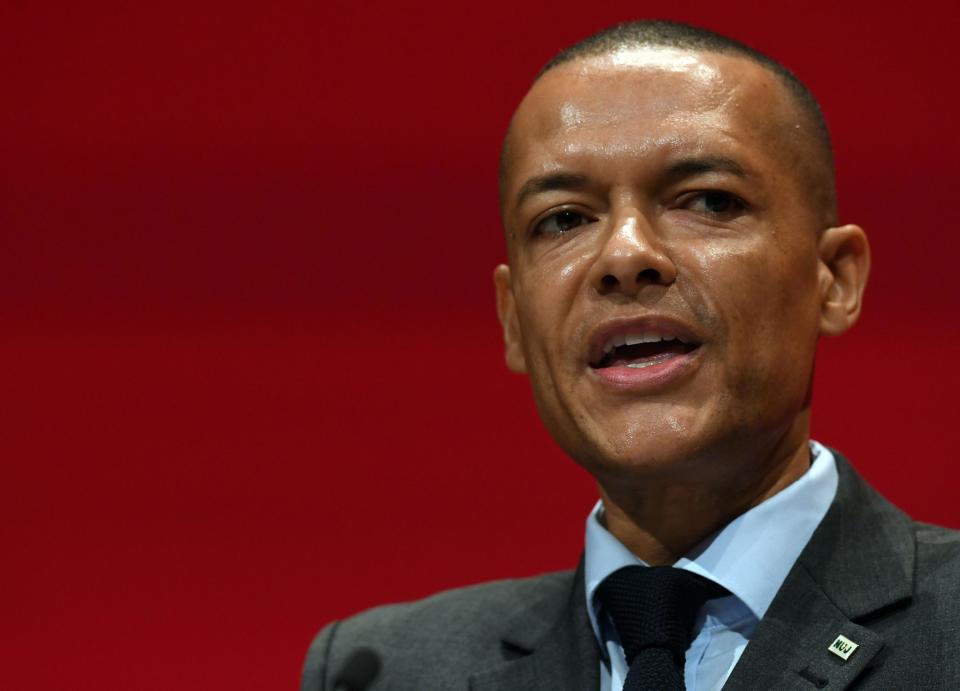Labour's Clive Lewis calls for a second Brexit referendum

Labour’s Clive Lewis and Rachael Maskell have called for a second referendum on the final terms of the UK’s exit from the European Union, putting themselves directly at odds with the party leadership.
Mr Lewis, who is seen as a potential future leader, and who voted against holding the general election, wrote in a joint article with the shadow Environment Secretary in The Guardian that holding a second referendum would heal divisions.
“We understand why the Labour frontbench does not want to commit to [a second vote] now,” they wrote.
“That destination is only now beginning to appear on the horizon. It’s one in which we are likely to endure severe economic consequences for leaving the single market with no EU trade agreement, while we pursue a pumped-up free-market alternative with Donald Trump. How many leave voters envisaged that?
“So giving the British people a chance to ‘seal the deal’ with a vote on the final terms of the Brexit negotiations is not asking the same question twice. How can it be? We stand on the precipice of a new and vastly changed political and economic reality. If they really believe their own rhetoric, even Tory Brexiteers should welcome a chance to put their Brexit before the people and get their support.”
Mr Lewis had been shadow Defence Secretary, but resigned shortly after it came to light that his conference speech had been amended without his knowledge to remove the commitment to renewing Trident, an official party policy that had been voted on at conference.
When Mr Corbyn launched Labour’s election campaign last week, his office issued a statement which said: “A second referendum is not our policy and it won’t be in our manifesto.”
The article goes on to state: “We believe a Labour deal with the EU would be very different from a Tory Brexit in terms of national security, jobs, workers’ rights, environmental protections and tariff-free trade at the very least. But we should not arrogantly assume the deal we secure is what the British people want – and the public may want the final say over a Labour Brexit too.
“So we believe that they should be given the choice of which direction their country takes, once our alternatives can be clearly seen. Anything less will see our country hopelessly divided long into the future – something that surely no government would want.”

 Yahoo News
Yahoo News 